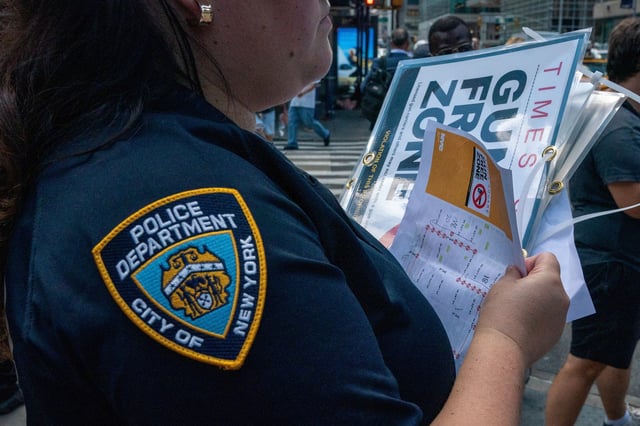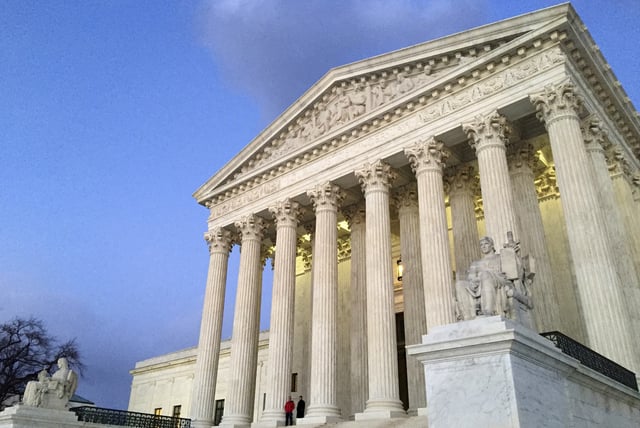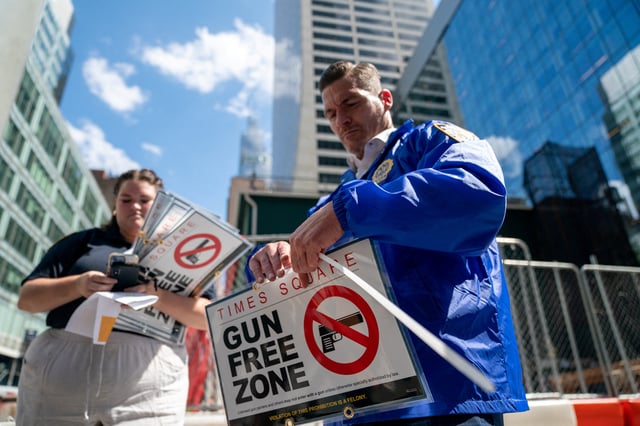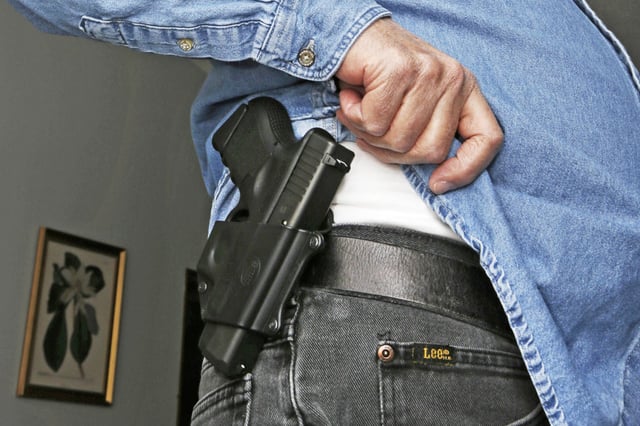Overview
- The U.S. Supreme Court declined to hear a challenge to New York's Concealed Carry Improvement Act, maintaining significant restrictions on concealed firearms.
- Key provisions upheld include bans on carrying concealed weapons in designated 'sensitive locations' such as schools, healthcare facilities, and churches.
- The law also requires applicants for concealed carry licenses to demonstrate 'good moral character,' a standard defined by the state to ensure responsible firearm use.
- Provisions blocked by lower courts, including restrictions on carrying firearms on certain private properties and requirements to disclose social media accounts, remain unenforceable.
- This decision follows the Court's 2022 ruling that expanded gun rights while setting a history-based standard for evaluating firearm regulations.



